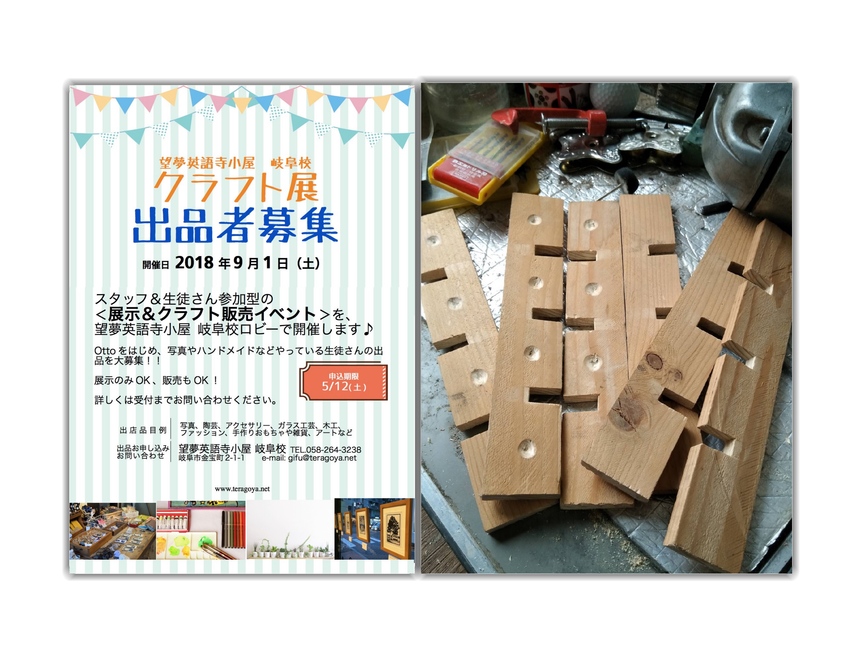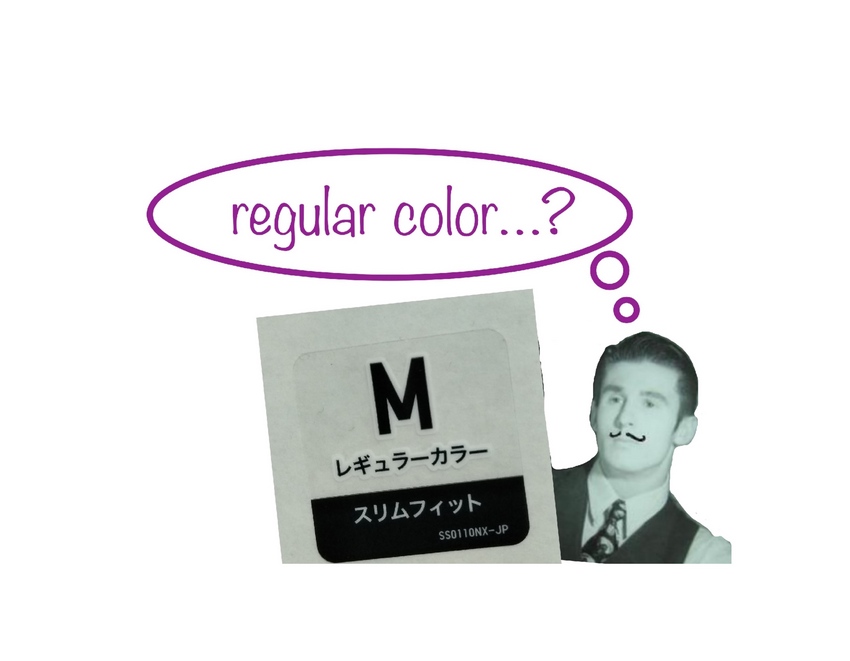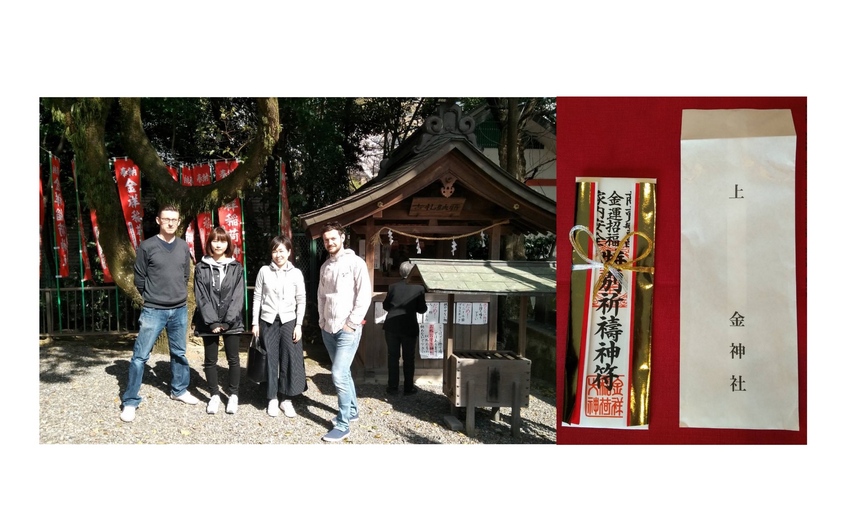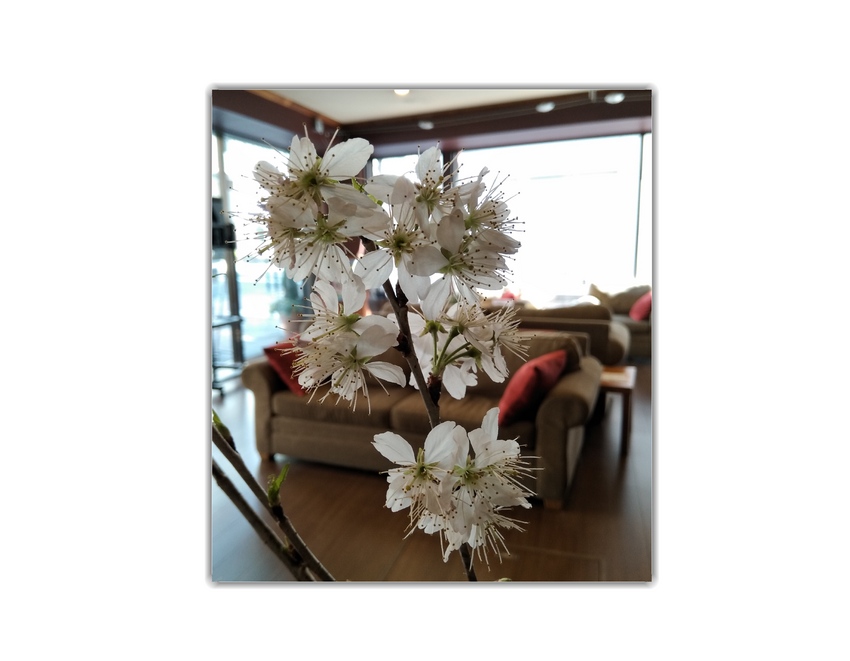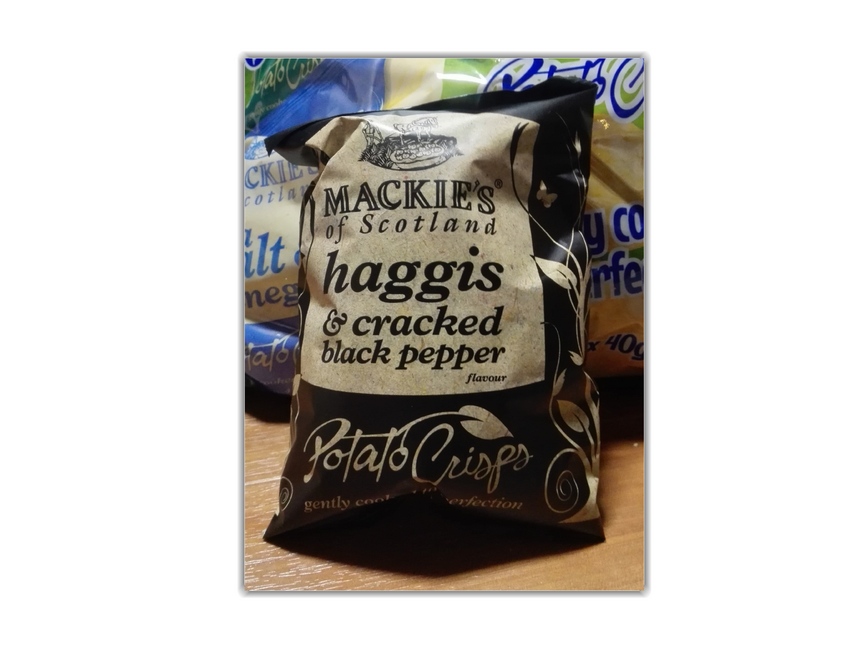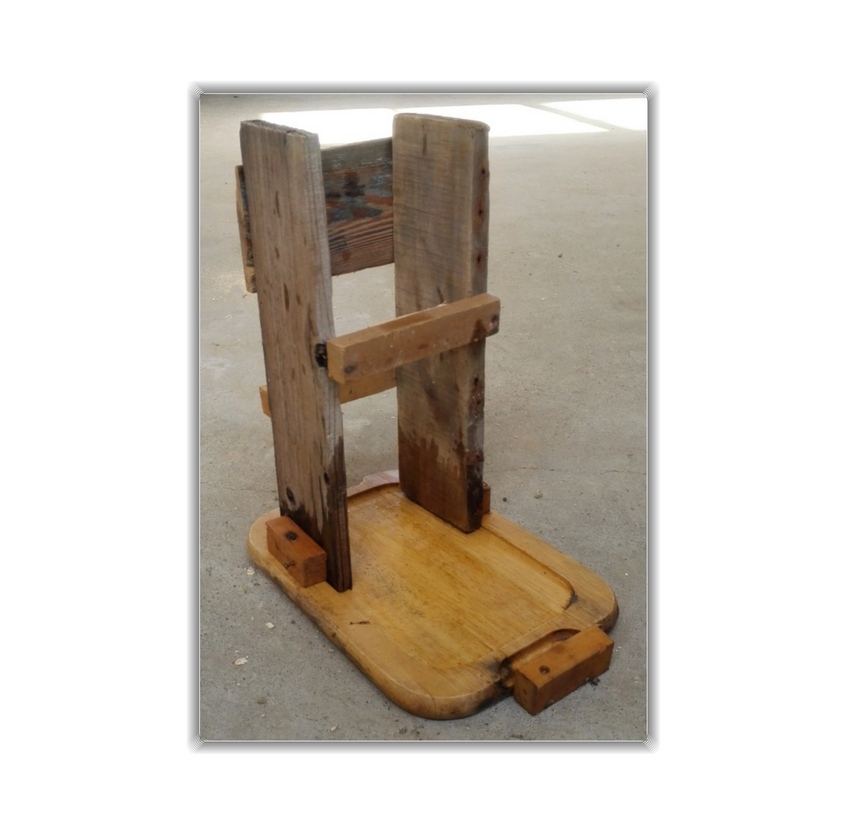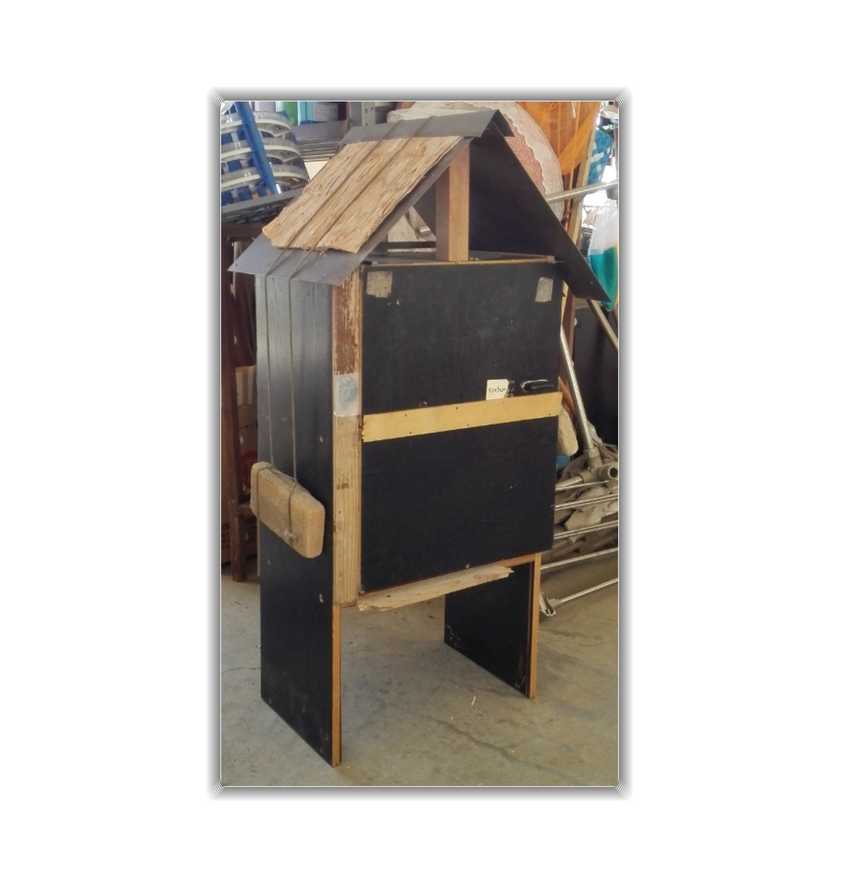"Wocha doin`?"
"Waddaya makin`?"
"Gonna pain`it?"
Can you understand these questions? If my kids were native English speakers, maybe they would pronounce these questions like this.
This is their meaning:
1. "Wocha doin`?" (What/you/doing) = What are you doing?
2. "Waddaya makin`?" = What are you making?
3. "Gonna pain`it?" (Going/to/paint/it) = Are you going to paint it?
My answers: 1. I`m making something for our September craft fair. 2. Guess! 3.Probably not.
Pronunciation:
In natural spoken English, some sounds change, e.g.
t+y --> ch (meet you --> "meechoo")
t --> d (little --> "liddle")
nt --> n (twenty --> "twenny")
oo --> a (see you --> "seeya", to --> "ta")
I saw this handkerchief in a shop. It looks like my poster, right? Great minds think alike!*
By the way, have you been watching my new YouTube series? Please take a look! There is a new episode every Tuesday.
* ことわざ: '偉人達は同じように考える' (誰かが同じこと考える時に使える)
I wanted to buy a white business shirt at Uniqlo. This sticker seemed to me to say 'Regular Color'. Hmmm. What is a regular color? White? What is an irregular color? Green? Or is there regular white & irregular white? If so, what is irregular white? Cream?" I was confused!
Then my wife explained that 'カラー' doesn`t mean 'color'. It means 'collar' (In English, pronounced "コラー").
A regular collar doesn`t have buttons.
こら!!! That`s confusing!
2 weeks ago I went to Gotemba, which is about 20 kms south of Mount Fuji. When we stopped to take photos, I saw this nice car. Can you see Fuji in the background?
I live in Ichinomiya, in the north of Aichi Prefecture. There aren`t any mountains in Ichinomiya, so it`s a big change of scenery to see Fuji.
Grammar:
- (be) IN the north/south/east/west/centre of __ = __の北部/南部/東部/西部/中心です
- (be) north/south/east/west of __ = __ 北側/南側/東側/西側に (あります)
Last week Gifu Teragoya staff & teachers visited the nearby Kogane Shrine to buy a lucky charm for our school. While we were there, I noticed a lot of people lining up to have their temple stamp books (御朱印帳) signed & stamped. Do you have a temple stamp book? I hear they are very popular at the moment, especially with women.
Vocabulary:
line: 線, 列
line up: 並ぶ
Do you have hayfever (花粉症)? Red, itchy (痒い) eyes? This is a song for you! It`s called 'Old Red Eyes is Back' (赤い目お兄さんが帰ってきた). However it`s actually about a man with red eyes not due to pollen (花粉) but alcohol.
https://www.youtube.com/watch?v=ggJYJ9frSl0
For lyrics (歌詞), search [Beautiful South Old Red Eyes is Back Lyrics]
For a Japanese translation, try [Beautiful South Old Red Eyes is Back 歌詞]
This is another nice song by the same band, also about eyes!: https://www.youtube.com/watch?v=hR9LYrCR_4I
Enjoy! (the songs, not red eyes...)
There are various kinds of cherry blossoms. I don`t know the name of this variety* in our lobby, but it blooms earlier than most other varieties*.
Are you looking forward to cherry blossom season?
Vocabulary:
- various: 色々 variety: 色々な, 多様性, バラエティー / *種類
My wife bought these at Costco. Do you know haggis? Haggis is a traditional Scottish food which contains sheep's heart 心臓, liver 肝臓, and lungs 肺. Sounds gross (不味い), right?! I`ve never eaten real haggis, but these chips tasted okay.
Vocabulary:
- 'Crisps' (UK) = 'chips' (US & Australia)
I also made this last week. I`d been meaning to (= intending to) make it for a long time - since I first got my pet chickens last spring (that`s a hint!). It didn`t take long* to make - only about 30 minutes, but I hope it lasts [保つ] a long time. What do you think it is?
Grammar
- * 'long' = 'a long time`: 'a long time' is used in positive sentences; 'long' is used in questions or negative sentences, not positive sentences.
UPDATE: The answer is in comments!
Over* the new year holidays I made this. What is it? Can you guess? I`ll give you a hint: I put it outside in the garden; the string with bricks (レンガ) over** the top is to keep the roof on in windy weather. Now it`s empty, but when winter is over***, I hope it will be used by... something. Okay, hint time is over***!
Over**** to you - what do you think it is? Please leave your idea in comments!
Vocabulary:
The word 'over' has various meanings, e.g.
* during, throughout ** on, covering *** finished **** change, switch
- If you are a bloguru member, please login.
Login
- If you are not a bloguru member, you may request a free account here:
Request Account


